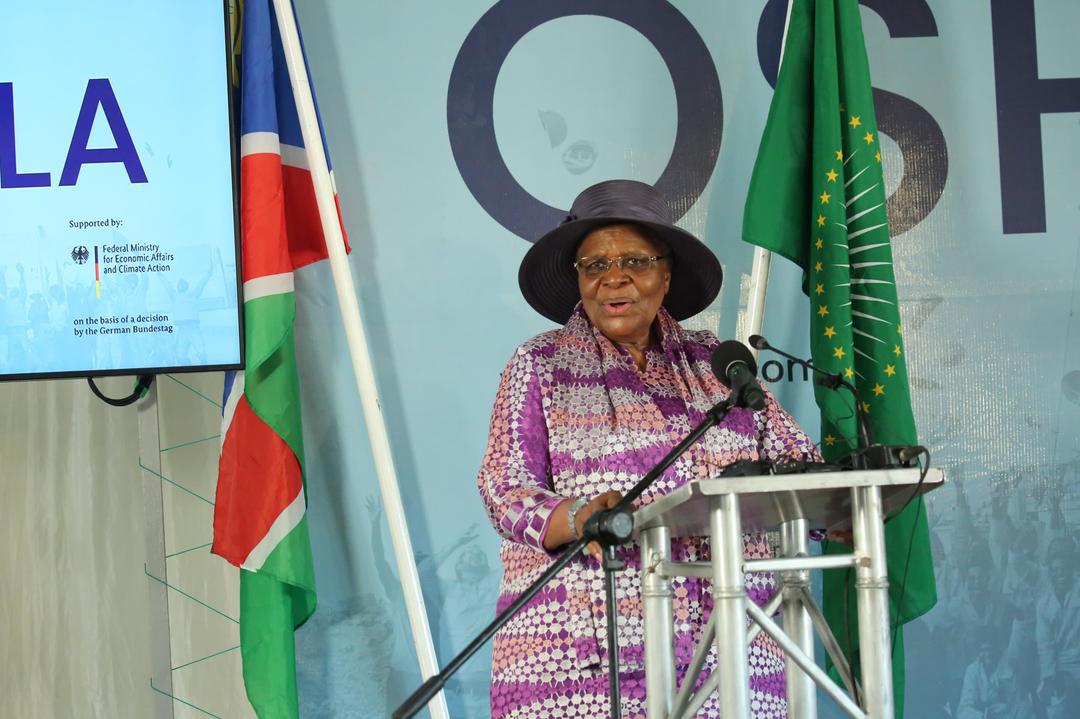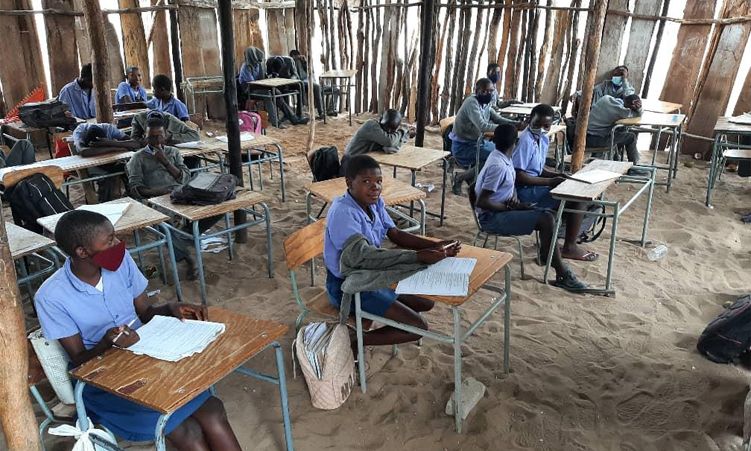NAMIBIA’S judges have received salary increases of more than N$150 000 each this year, despite budget cuts being imposed on the public sector.
These details are published in the latest Government Gazette of April 2018.
Information about the salary increases come at a time when there are complaints within the judiciary that judges are always getting salary increases.
With the latest salary adjustments, all the judges received a pay increase of 14,6% in April this year after other salary increases awarded in 2014 and 2016.
The head of Namibia’s judiciary, Chief Justice Peter Shivute, received a N$217 300 increase this year. In total, Shivute, who now earns N$1,7 million per year, received N$680 000 in salary increases from 2014 to 2018.
President Hage Geingob earns around N$1,7 million per year, while the vice president gets N$1,5 million, the Prime Minister N$1,3 million, the Speaker of the National Assembly N$1,1 million and Cabinet ministers around N$1,1 million a year.
Founding President Sam Nujoma is paid a pension of N$1,3 million a year, while former President Hifikepunye Pohamba has an annual pension of N$1,1 million.
The deputy chief justice’s salary was set at N$1,4 million in 2016, but with this year’s 14,6% increase (N$209 600), his salary goes up to N$1,6 million a year.
The deputy chief justice’s position was created in 2014 after the third amendment to Namibia’s Constitution.
Following this year’s salary increase, Supreme Court judges will each be paid N$1,5 million a year.
A Supreme Court judge earned N$990 000 in 2014, but the two increases which followed, amounting to N$550 444, pushed their salaries to about N$1,5 million per annum.
Acting judges in the Supreme Court earn the same salary. There are currently three permanent Supreme Court judges, while three are acting.
The High Court’s deputy judge president will now be paid N$1,3 million a year, up from N$1,1 million earned from April 2016.
Figures published in the Government Gazette show that a High Court judge and an acting High Court judge will earn N$1,2 million per year.
The same judicial officers were paid N$928 000 a year from April 2014, and around N$1,1 million a year from April 2016.
Namibia has 14 High Court judges, and two who are in acting positions.
A person familiar with this matter said although the salaries of judges were increased, their other benefits will remain unchanged.
Judges’ salary increases are recommended to the President by the Judicial Service Commission, which is chaired by the Chief Justice.
Other members of the commission are the deputy chief justice and judge president Petrus Damaseb, attorney general Albert Kawana, and legal practitioners Uno Katjipuka-Sibolile and Vicki Erenstein ya Toivo.
President Hage Geingob approved the salary increases in 2016 and this year.
Shivute told this week that unlike other institutions, judges’ salaries are reviewed every two years.
The review, he said, considers possible increases to match inflation and cost of living increases.
Shivute explained that this year’s 14,6% increase rate was obtained from the Namibia Financial Institutions Supervisory Authority (Namfisa) and a financial institution registered on the Namibia Stock Exchange.
He said the 14,6% also matched the consumer price index increase over the past two years.
Shivute said judges’ salaries were considered reasonable when compared to the earnings of some legal practitioners in the private sector, where some judges came from.
Senior government officials, including President Geingob, have over the years compared their salaries to what is earned by parastatal bosses to justify their perks.
For instance, NamPower’s managing director, Simson Haulofu, earns around N$3,4 million per year.
“The Judicial Service Commission still finds it difficult to attract experienced legal practitioners to accept appointments as judges due to what is perceived to be unattractive remuneration and conditions of service,” Shivute added.
Stay informed with The Namibian – your source for credible journalism. Get in-depth reporting and opinions for
only N$85 a month. Invest in journalism, invest in democracy –
Subscribe Now!










